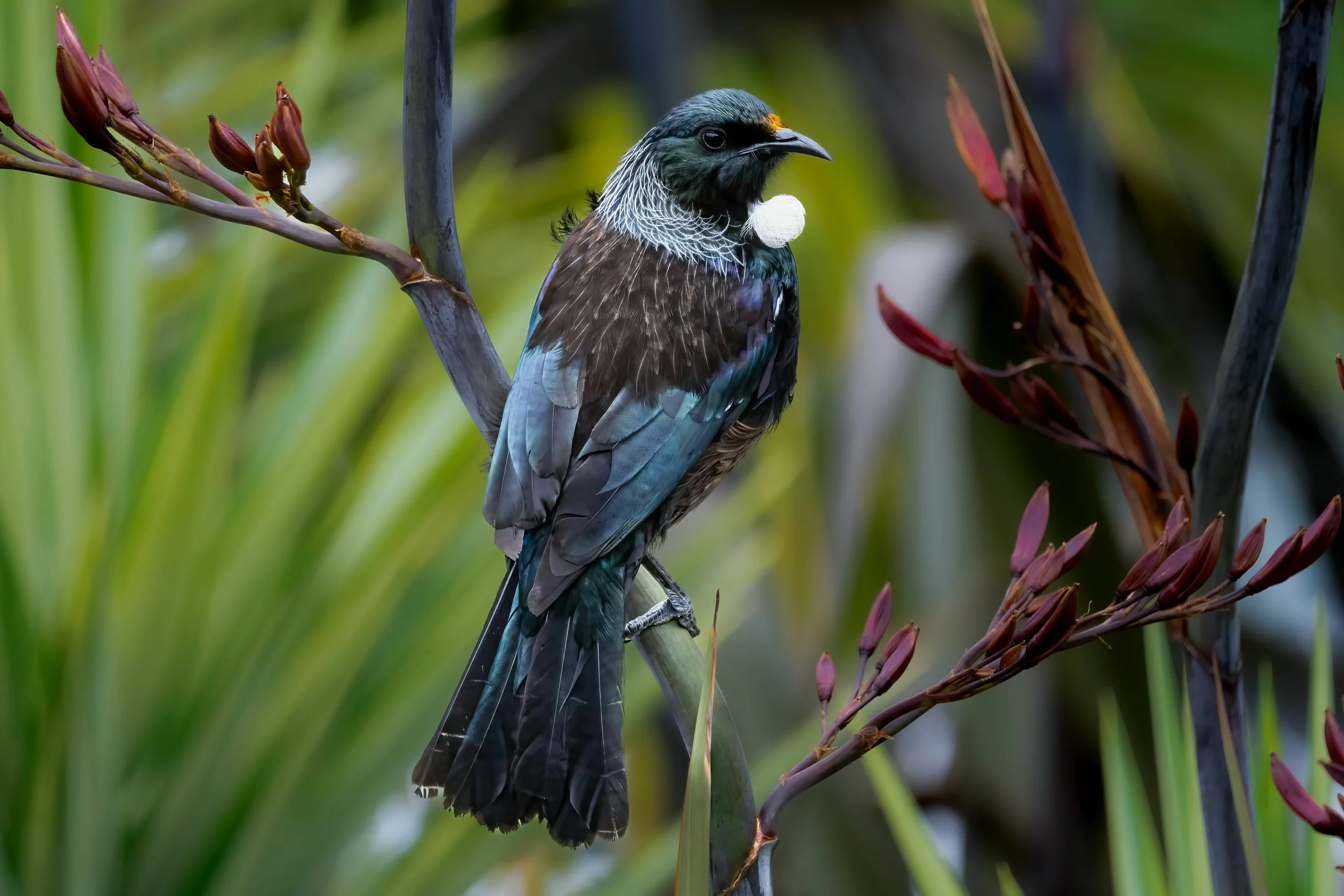Meet Mark
Welcome! I'm Mark van Kaathoven, a passionate advocate for sustainable gardening. My effective, inexpensive gardening method focuses on regenerating public and private spaces by using green waste to restore ecosystems and create healthy garden environments. This approach is at the heart of my gardening method: Growing Resilience.
Join me in transforming gardens and landscapes into thriving, sustainable ecosystems. Let's grow resilience together!
© Mark Smith
Cultivate a Thriving Garden Ecosystem
A healthy garden ecosystem is a harmonious balance of plants, insects, and birds, creating an environment where plants thrive without the need for insecticides and fungicides. In this ecosystem, soil microorganisms, birds, and insects are the unsung heroes, playing vital roles in decomposition, pollination, pest control, and supporting wildlife.
Sustainable Gardening Practices
Adopting eco-friendly gardening practices can make a significant impact. By changing simple aspects of how we garden, we can:
Reduce Landfill Waste: Composting garden waste and using organic matter can minimize what ends up in landfills.
Lower Greenhouse Gas Emissions: Healthy plants absorb CO2, while composting reduces methane emissions from decomposing waste.
Protect Against Extreme Weather: A well-maintained garden can act as a buffer against the effects of increasingly frequent and severe weather events.
Together, we can create beautiful, healthy gardens that benefit our homes, communities, and the planet.
Why this matters
A Balanced Ecosystem Matters
Soil Health: Microorganisms break down organic matter, enriching the soil and promoting robust plant growth.
Pollination: Bees, butterflies, and other insects ensure that plants can reproduce and flourish.
Natural Pest Control: Birds and beneficial insects keep pest populations in check, reducing the need for chemical interventions.
Biodiversity: A diverse array of plant and animal life supports a resilient and vibrant garden.
Growing Resilience Matters
Auckland Council's Waste Assessment Report for 2023 revealed that nearly 272,000 tonnes of green waste ends up in landfills annually across New Zealand, with Auckland handling a significant portion of this. The report projects a 30-40% increase in garden waste by 2040, leading to a substantial rise in CO2 emissions. Growing Resilience offers a practical solution to this issue by repurposing green waste and reducing the volume sent to landfills.
Tackling Waste and Climate Change
The impact of Growing Resilience extends beyond waste management. By addressing climate change impacts such as flooding and drought, this method demonstrates its broader environmental benefits. My success in creating resilient green spaces serves as a testament to the effectiveness of this approach. My own home and garden remained unaffected by 2023’s extreme weather events, while neighbouring properties and parks experienced significant flooding.
A Scalable Solution for Auckland
Growing Resilience presents a practical and scalable solution for Auckland's green spaces. My dedication to regenerating ecosystems and creating resilient communities has the potential to make a lasting impact. With the support of the council and local communities, the principles and practices of Growing Resilience can be integrated into regional parks planning, residential gardening, and waste management, paving the way for a more sustainable and resilient future for Auckland.
Let's turn green waste into green spaces and build a resilient Auckland together.


